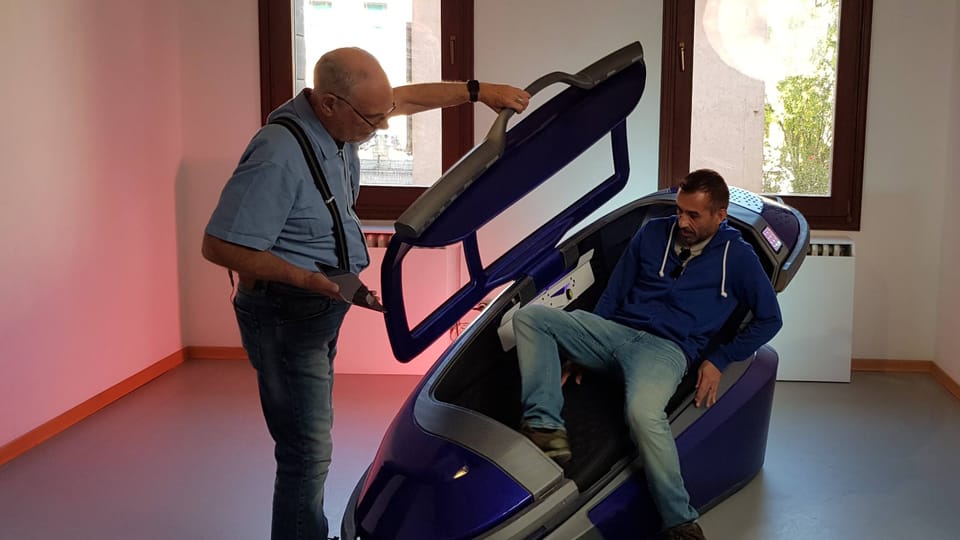Breaking News: Switzerland Bans Controversial Sarco Suicide Capsule
Swiss authorities have officially banned the Sarco suicide capsule, a controversial device designed by Dr. Philip Nitschke, just weeks before it was set to be introduced in the country.
The Sarco capsule, which uses nitrogen to induce hypoxia and cause death, was intended for use in euthanasia clinics without medical assistance. The ban was imposed due to concerns over safety, regulatory oversight, and the potential for “death tourism,” where individuals from other countries might travel to Switzerland to use the device.
Dr. Nitschke, often referred to as “Dr. Death” for his advocacy of assisted suicide, had planned to make the Sarco design freely available online.
However, Swiss prosecutors, led by Public Prosecutor Peter Sticher, raised alarms over the lack of reliable information regarding the method and control of the process, warning that anyone assisting in the use of Sarco could face legal consequences, including up to five years in prison.
The device, dubbed the “Tesla of euthanasia,” aims to demedicalize the dying process and provide individuals with control over their end-of-life decisions. However, the ban has halted plans for its first use, despite nearly completed preparations and the selection of a candidate.
This decision has reignited debates on the ethics of assisted suicide and the role of technology in end-of-life choices. Critics argue that the Sarco capsule could glamorize suicide and undermine suicide prevention efforts.
The future of the Sarco device remains uncertain, but the discussion around its use and the broader implications of assisted suicide continues to be a topic of intense debate.
Key Points:
Device: Sarco suicide capsule, designed for assisted suicide using nitrogen.
Designer: Dr. Philip Nitschke, an advocate for euthanasia.
Ban Reason: Safety concerns, regulatory oversight issues, and fear of “death tourism.”
Legal Consequences: Up to five years in prison for those assisting with Sarco.
Ethical Debate: Ongoing discussions about the ethics of assisted suicide and the role of technology in end-of-life decisions.



